**”The Connection Between Gut Microbiome Diversity and Athletic Recovery: How a Balanced Microbiome Influences Inflammation and Muscle Repair”**
The Connection Between Gut Microbiome Diversity and Athletic Recovery: How a Balanced Microbiome Influences Inflammation and Muscle Repair
Athletic recovery is a crucial aspect of any training regimen, often overlooked by athletes eager to maximize performance. However, recent research has illuminated a fascinating connection between the gut microbiome and athletic recovery. A balanced gut microbiome not only aids in digestion but also plays a pivotal role in managing inflammation and muscle repair. This post will explore how gut microbiome diversity influences recovery, offering nutrition tips and exercise advice to optimize your microbiome for better athletic performance.
Understanding the Gut Microbiome
What Is the Gut Microbiome?
The gut microbiome consists of trillions of microorganisms living in our digestive tract. These include bacteria, viruses, fungi, and other microbes. They play a significant role in various bodily functions, including digestion, metabolism, and immune response. Moreover, a diverse microbiome has been linked to numerous health benefits, including improved mood and cognitive function.
Microbiome Diversity and Its Importance
Microbiome diversity refers to the variety of different species present in the gut. A diverse microbiome can enhance the body’s resilience against illnesses, including chronic inflammation and digestive disorders. Conversely, a lack of diversity is often associated with metabolic diseases and inflammation. Therefore, maintaining a diverse gut microbiome is essential for athletes aiming for optimal recovery and performance.
The Role of the Gut Microbiome in Inflammation
Inflammation and Athletic Performance
Inflammation is a natural response to exercise-induced stress and muscle damage. However, chronic inflammation can hinder recovery and performance. A balanced gut microbiome can help modulate this inflammatory response. For instance, certain beneficial bacteria produce short-chain fatty acids (SCFAs), which have anti-inflammatory properties. Consequently, a diverse microbiome can help athletes manage inflammation more effectively, allowing for quicker recovery between workouts.
Gut Microbiome and Immune Function
Moreover, the gut microbiome plays a critical role in immune function. A healthy microbiome can enhance the production of immune cells, which defend the body against pathogens. For athletes, this means a lower risk of illness and better overall health, translating to more effective training sessions and improved recovery times. In addition, a robust immune system can help fend off infections that might arise from strenuous training.
Muscle Repair and Gut Health
Nutrient Absorption
Proper nutrient absorption is vital for muscle repair after intense workouts. The gut microbiome influences how well the body absorbs nutrients, particularly proteins, amino acids, and vitamins. A balanced microbiome can enhance the absorption of these essential nutrients, which are crucial for muscle repair and growth. On the other hand, a disrupted microbiome may lead to nutrient deficiencies, hindering recovery.
The Role of Prebiotics and Probiotics
Incorporating prebiotics and probiotics into the diet can significantly influence gut health. Prebiotics, found in foods like garlic, onions, and bananas, serve as food for beneficial gut bacteria. Probiotics, on the other hand, are live beneficial bacteria found in fermented foods like yogurt and kefir. Therefore, consuming these foods can enhance gut microbiome diversity and promote better muscle recovery.
Nutrition Tips for Optimizing Gut Health
Foods to Include
To maintain a healthy gut microbiome, focus on a diet rich in fiber, antioxidants, and healthy fats. Foods such as whole grains, fruits, vegetables, nuts, and seeds are excellent choices. Furthermore, consider incorporating fermented foods like kimchi, sauerkraut, and kombucha, which are rich in probiotics. These foods not only promote microbiome diversity but also help reduce inflammation.
Hydration Matters
In addition to diet, staying hydrated is essential for gut health. Water aids in digestion and nutrient absorption, facilitating better recovery. Therefore, athletes should prioritize hydration, especially post-workout, to promote optimal gut function.
Exercise Advice for Enhancing Recovery
Balancing Intensity and Rest
While exercise is crucial for athletic performance, balancing intensity and rest is equally important. Overtraining can disrupt the gut microbiome, leading to increased inflammation and slower recovery. Consequently, incorporating rest days and lighter workout sessions can help maintain a healthy gut and improve recovery times.
Mind-Body Connection
Furthermore, practices such as yoga and meditation can support gut health by reducing stress. Stress can negatively impact the gut microbiome, leading to dysbiosis. Therefore, incorporating relaxation techniques can not only enhance mental focus but also promote a balanced microbiome.
Health Benefits of a Balanced Microbiome
A balanced gut microbiome offers numerous health benefits, particularly for athletes. Improved nutrient absorption, reduced inflammation, and enhanced immune function are just a few advantages. Moreover, athletes with a diverse microbiome may experience better mental clarity and mood stability, further enhancing performance.
Conclusion
The connection between gut microbiome diversity and athletic recovery is increasingly recognized in sports science. A balanced microbiome not only aids in managing inflammation but also enhances muscle repair and overall health. By focusing on nutrition, hydration, and exercise strategies to optimize gut health, athletes can improve their recovery and performance. Therefore, investing in gut health is not just beneficial; it is essential for anyone serious about achieving their athletic goals. Embrace the power of a diverse gut microbiome and watch your performance soar!
FAQ
How does the gut microbiome influence athletic recovery?
The gut microbiome plays a crucial role in athletic recovery by managing inflammation and enhancing nutrient absorption. A diverse microbiome can help modulate the body’s inflammatory response and improve the absorption of essential nutrients needed for muscle repair, leading to quicker recovery times between workouts.
What are some dietary recommendations for maintaining a healthy gut microbiome?
To maintain a healthy gut microbiome, it’s important to include a diet rich in fiber, antioxidants, and healthy fats. Foods such as whole grains, fruits, vegetables, nuts, and seeds are excellent choices. Additionally, incorporating fermented foods like yogurt, kimchi, and sauerkraut can promote microbiome diversity and support overall gut health.
Can stress affect the gut microbiome and athletic performance?
Yes, stress can negatively impact the gut microbiome, leading to dysbiosis, which may hinder athletic performance and recovery. Practices such as yoga and meditation can help reduce stress levels, supporting gut health and improving recovery outcomes for athletes.



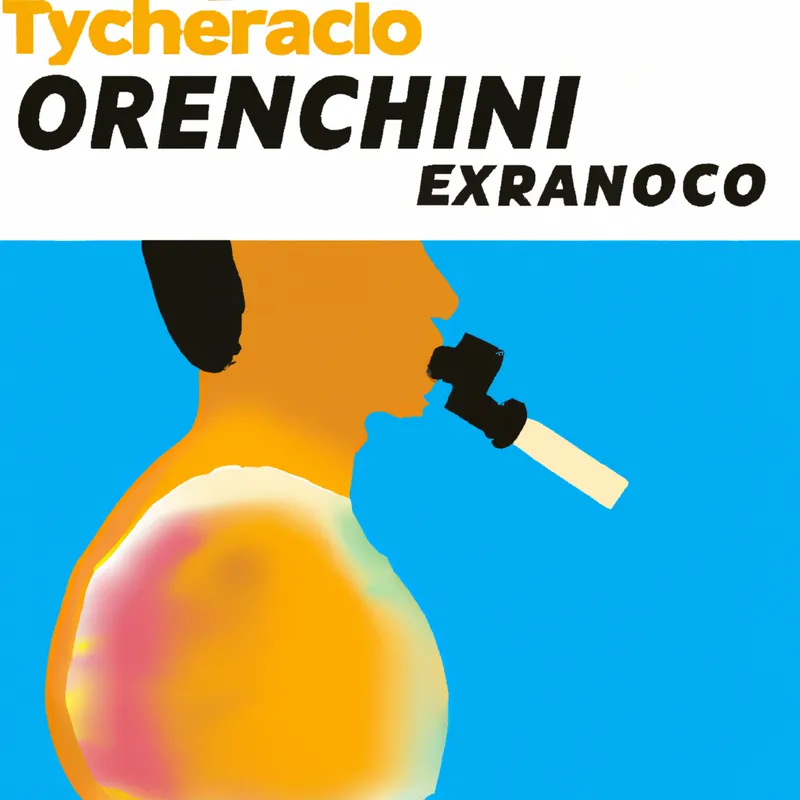


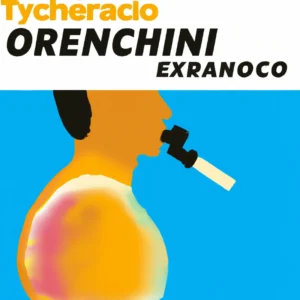




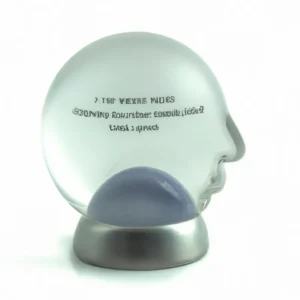
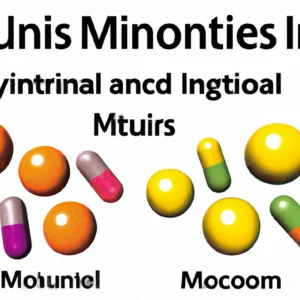

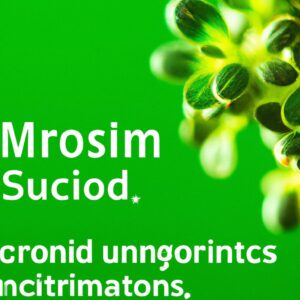
Post Comment